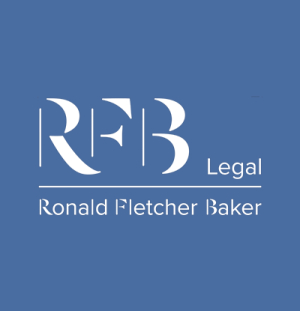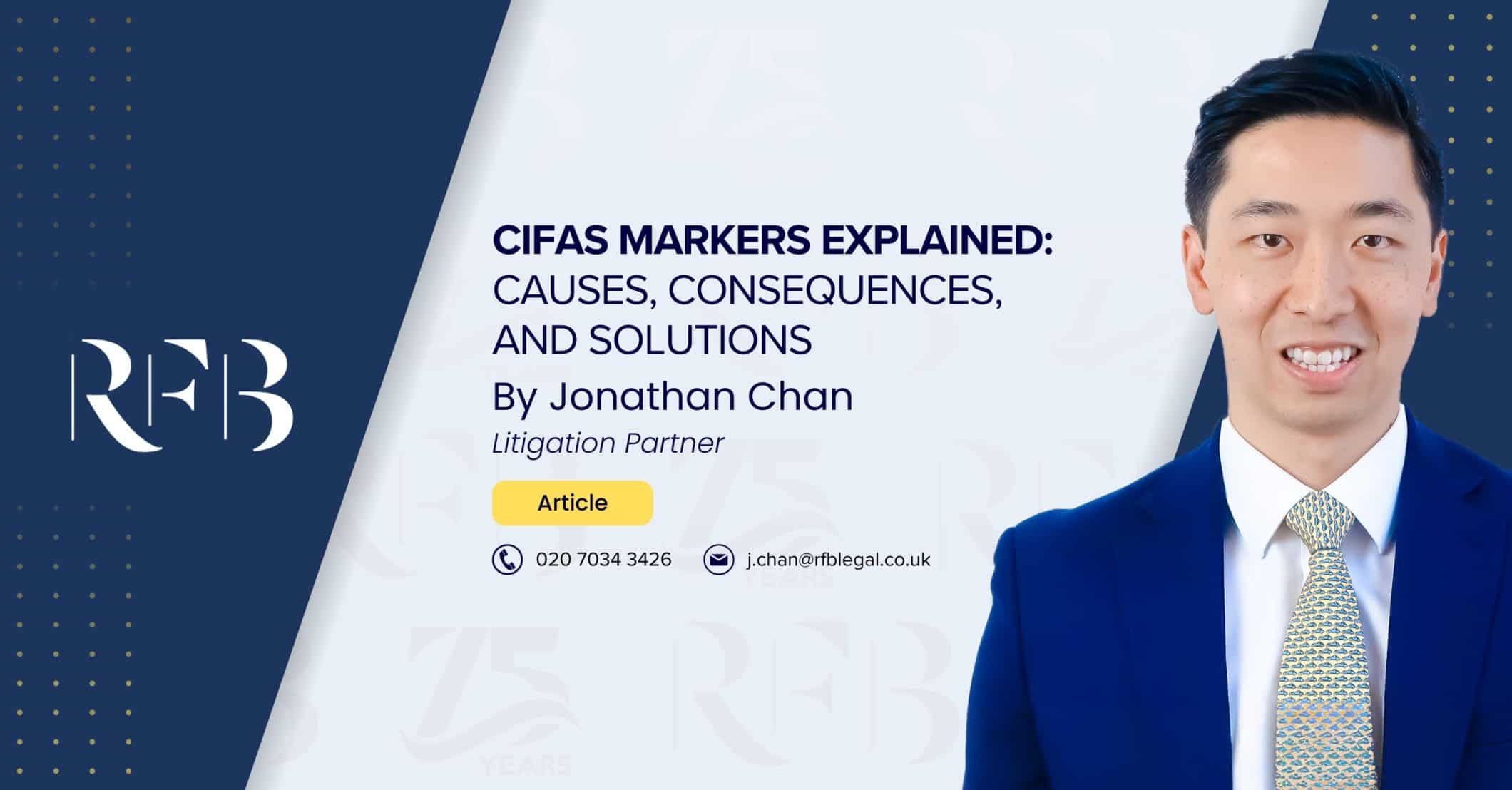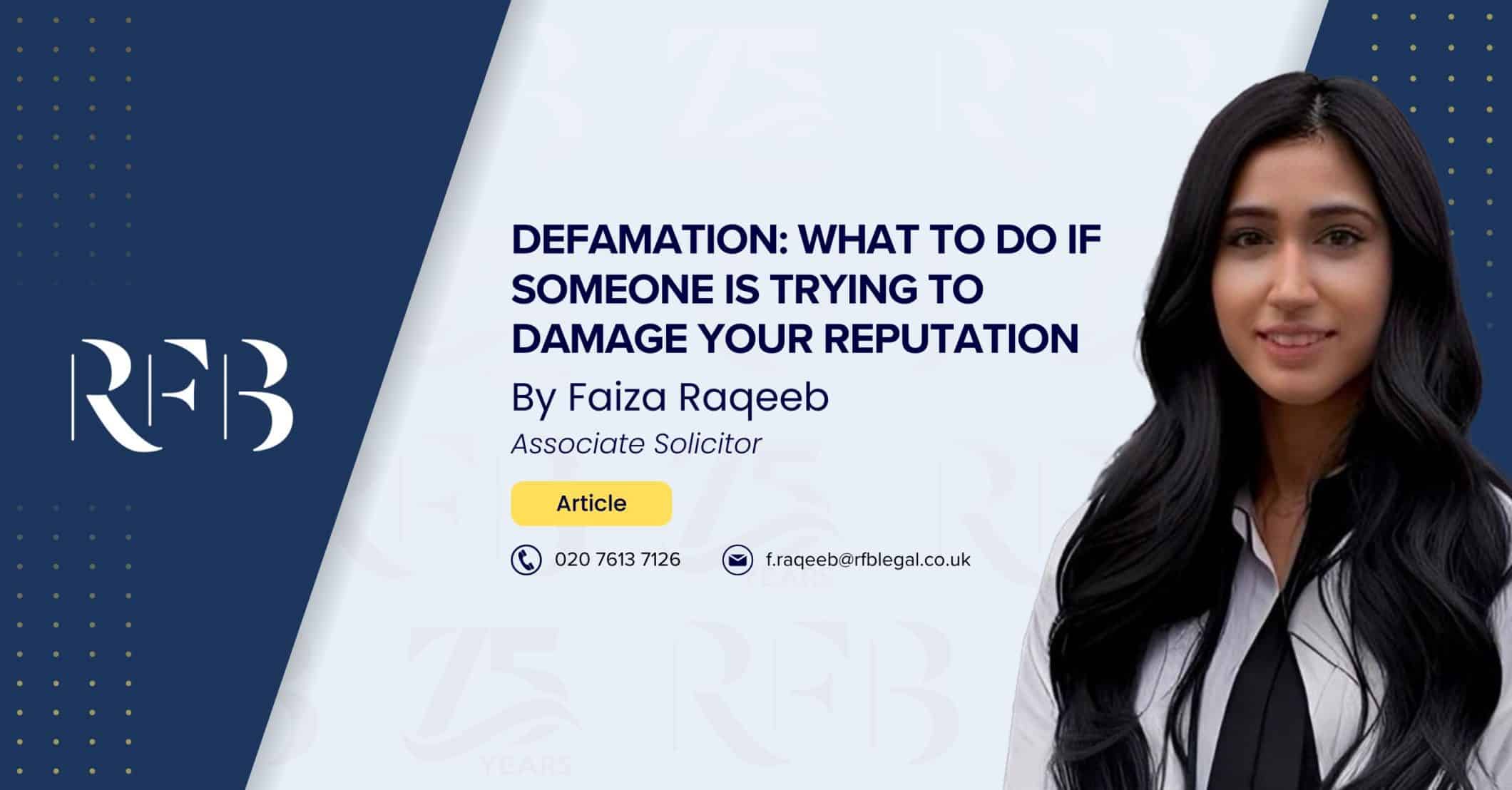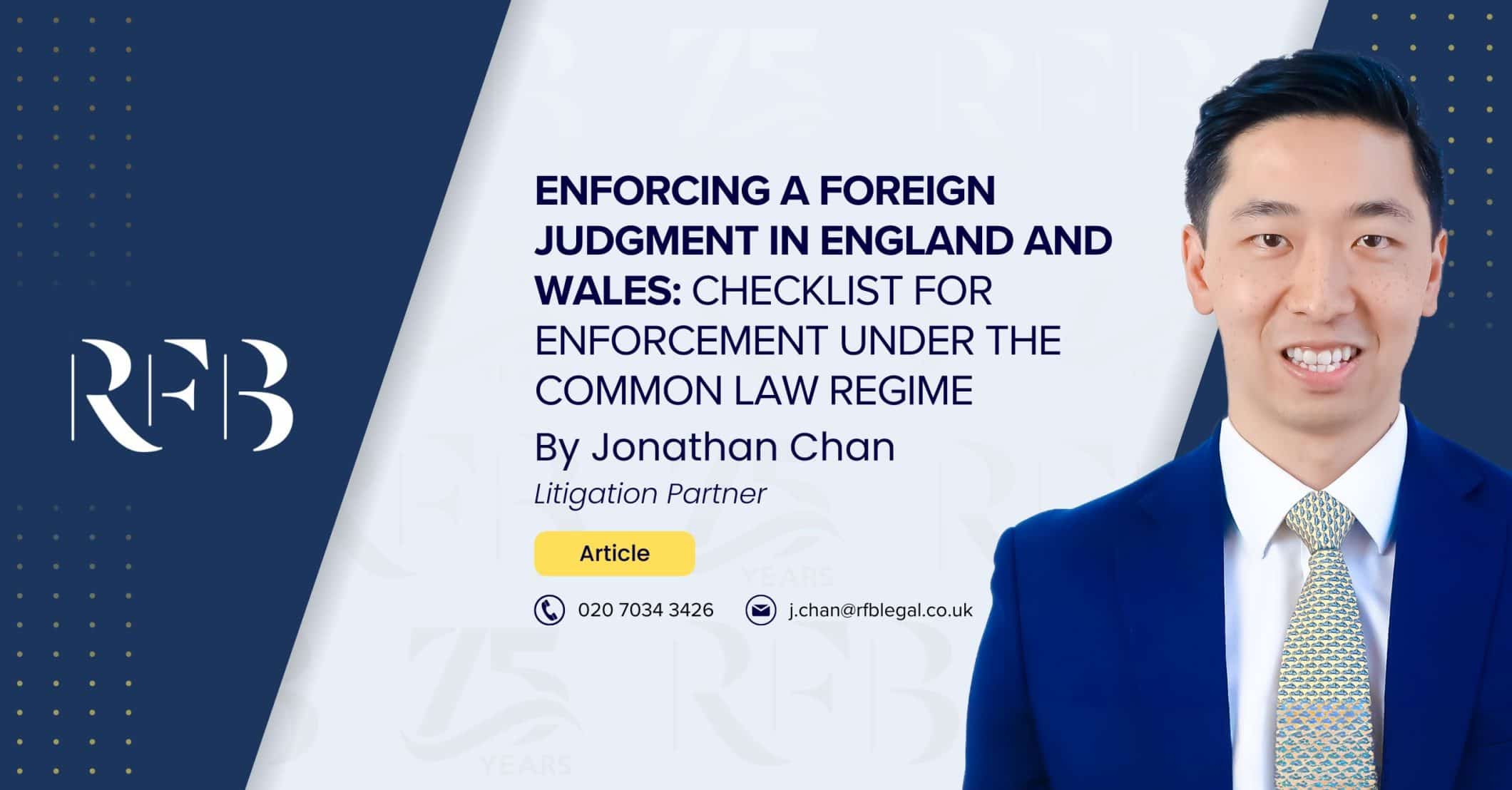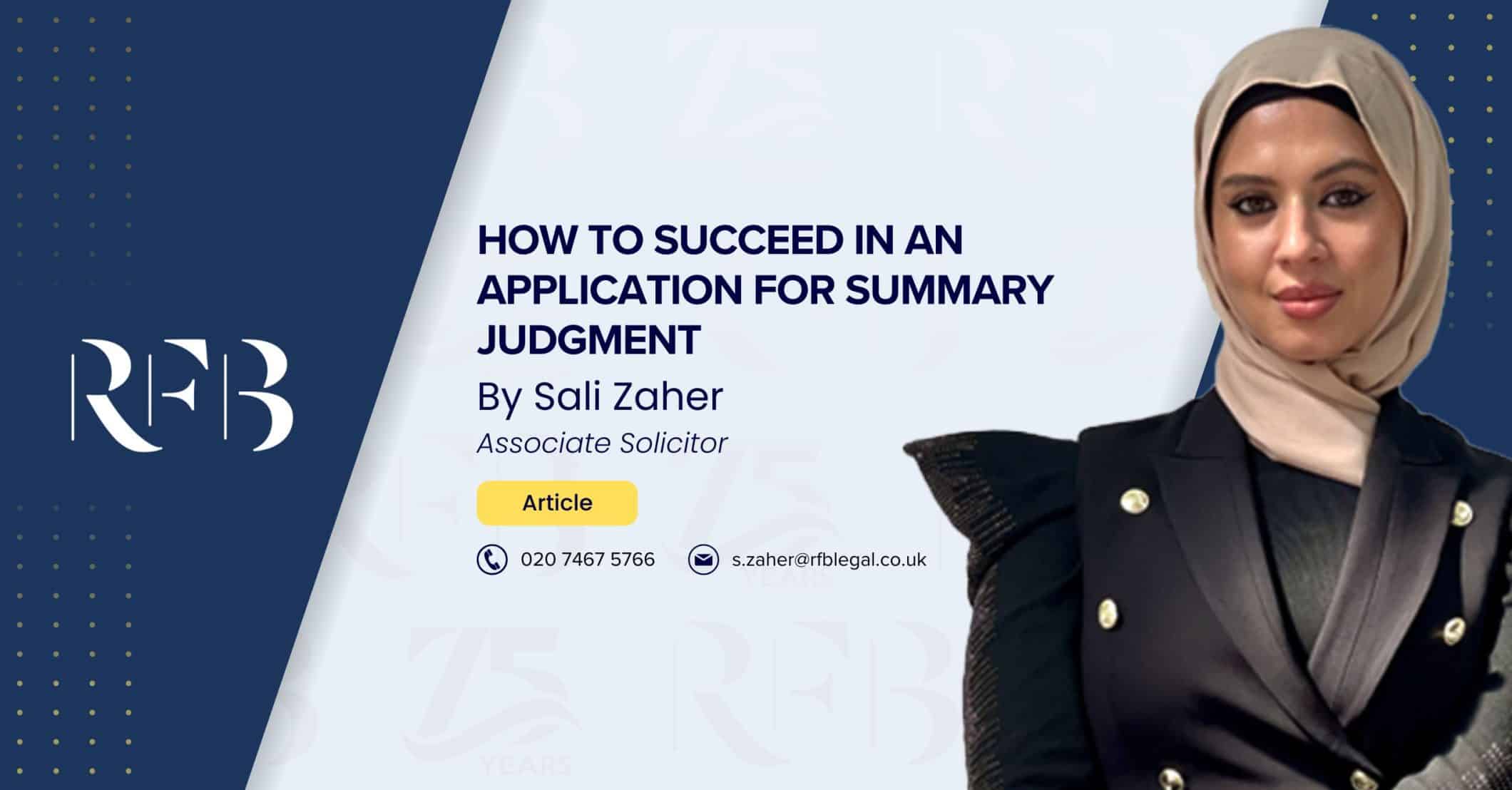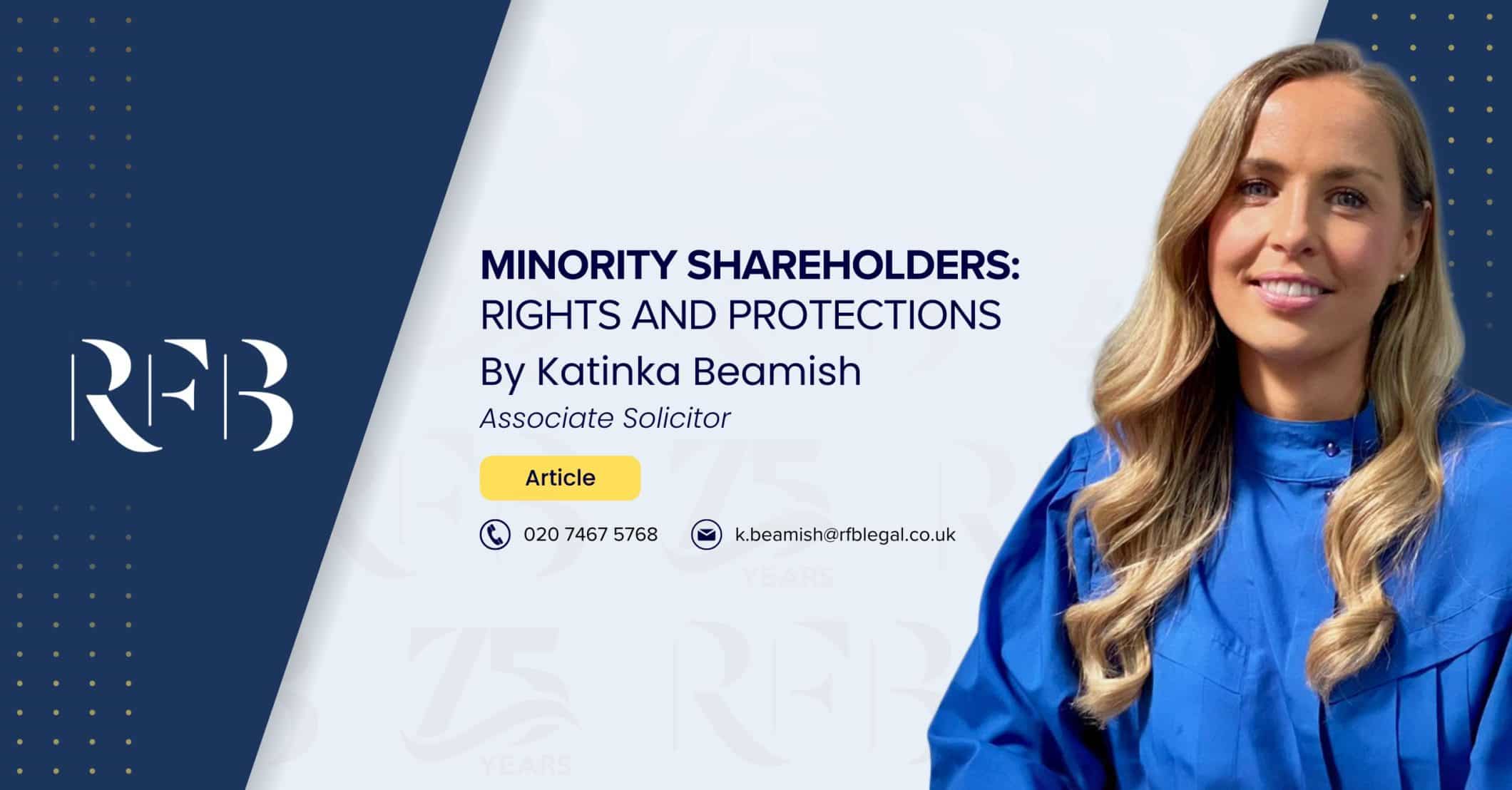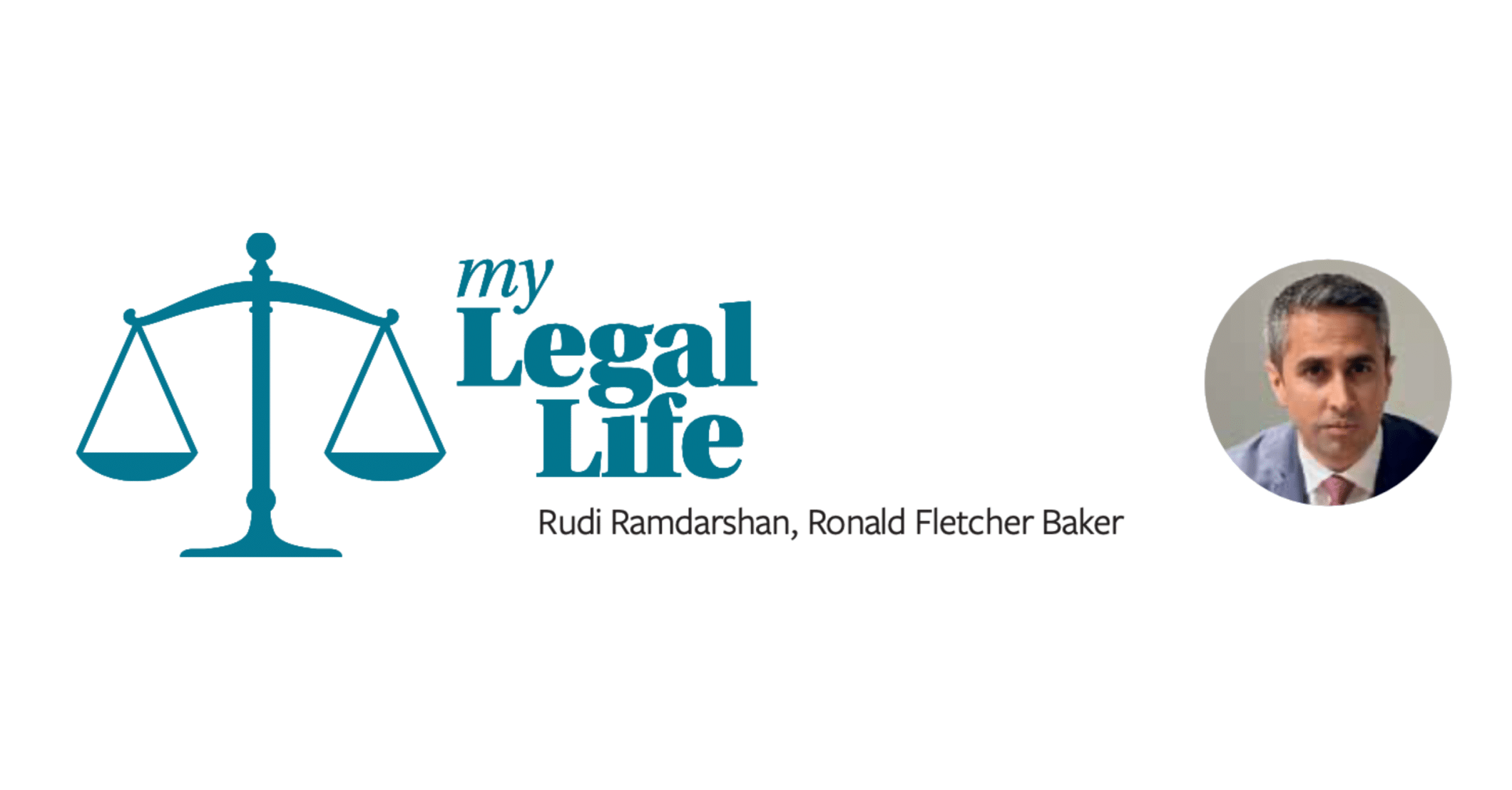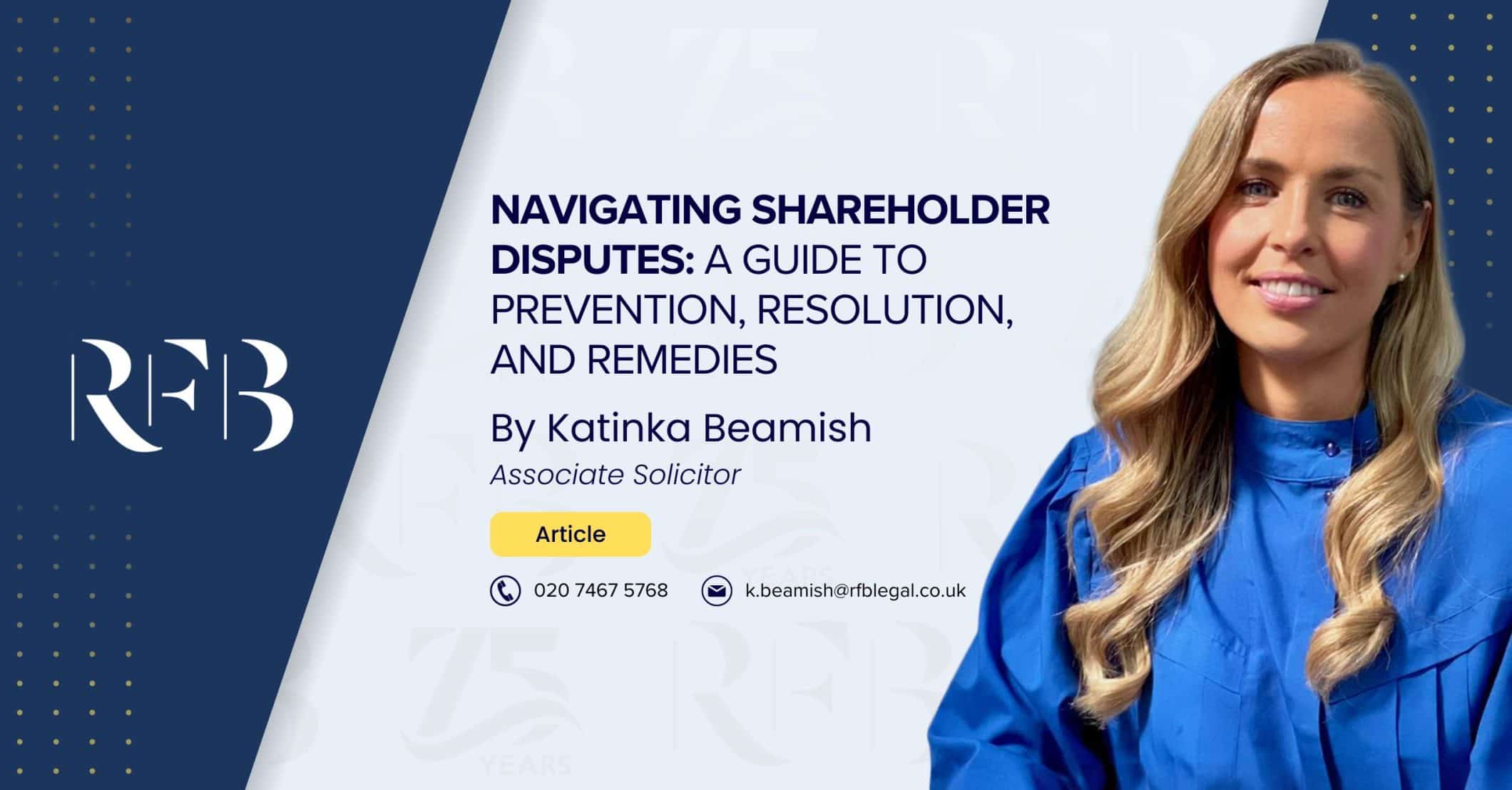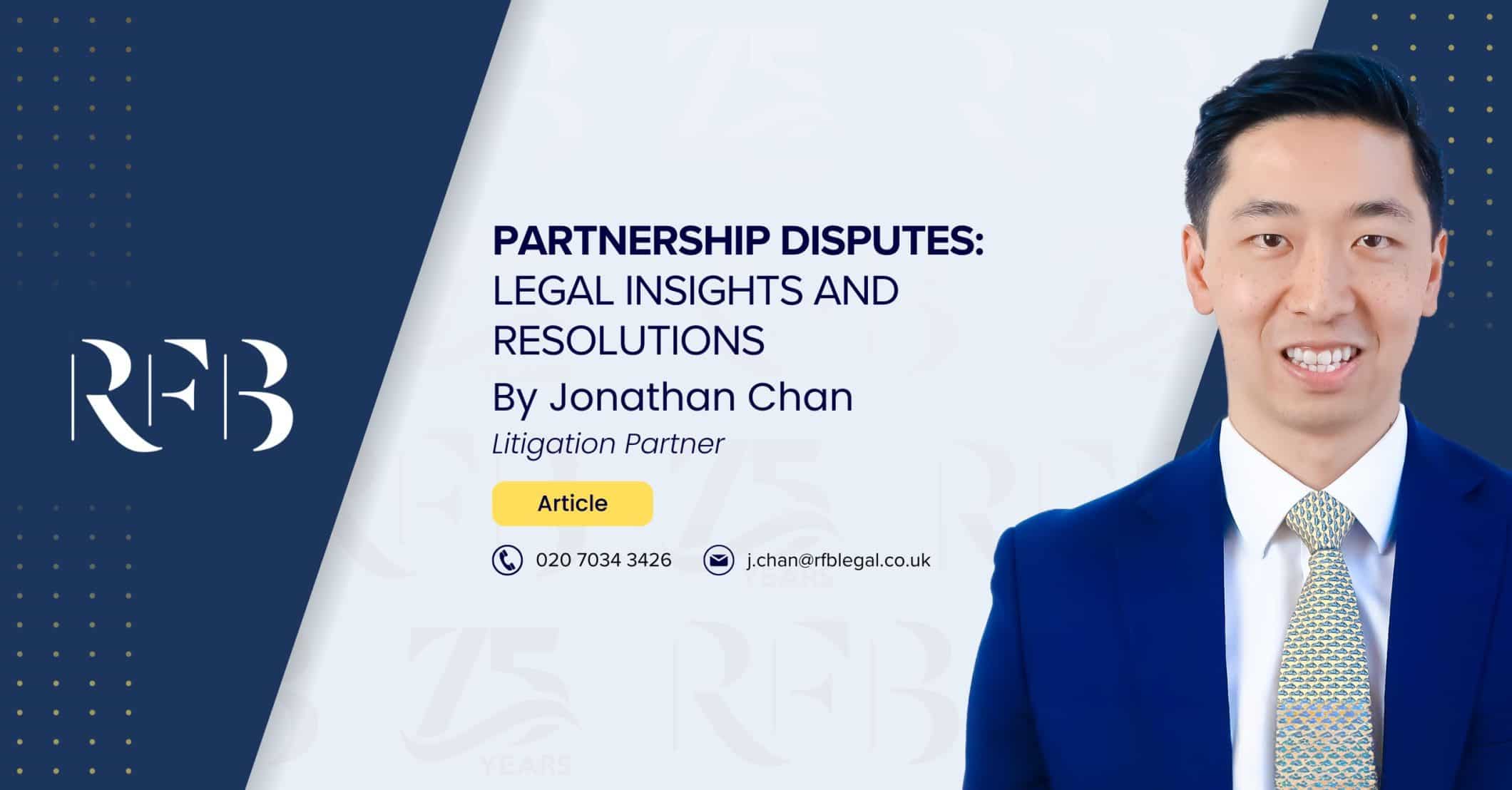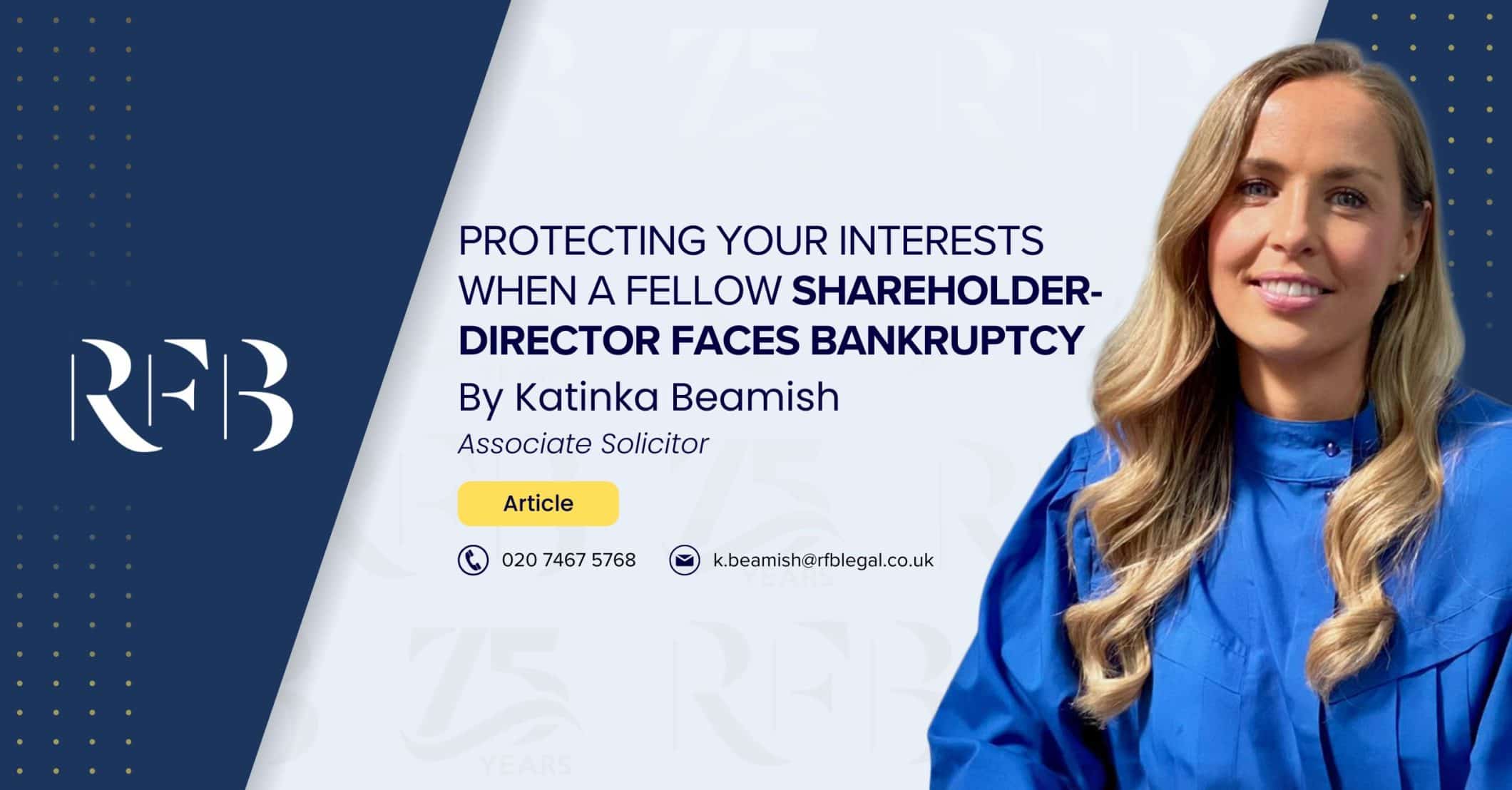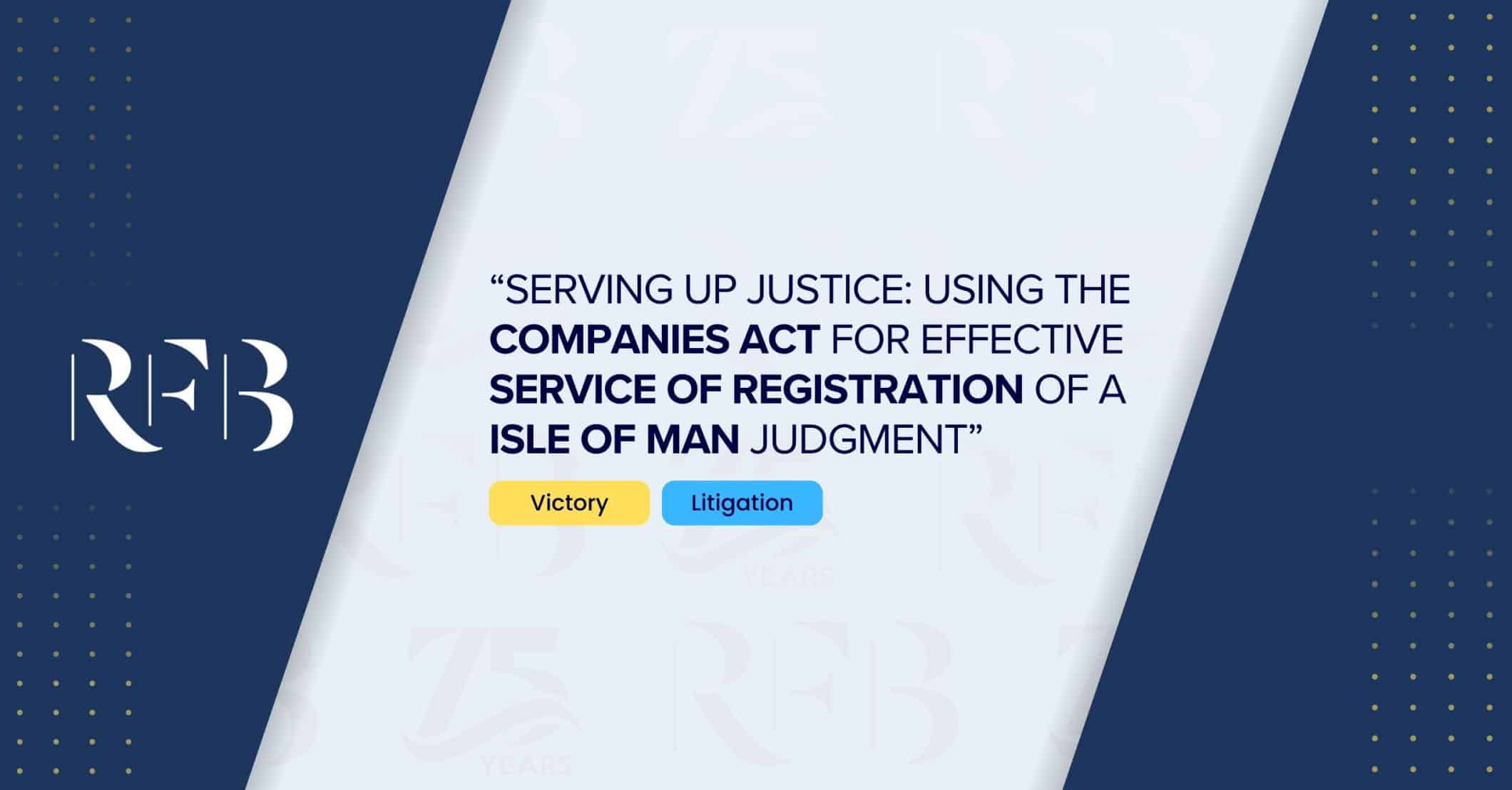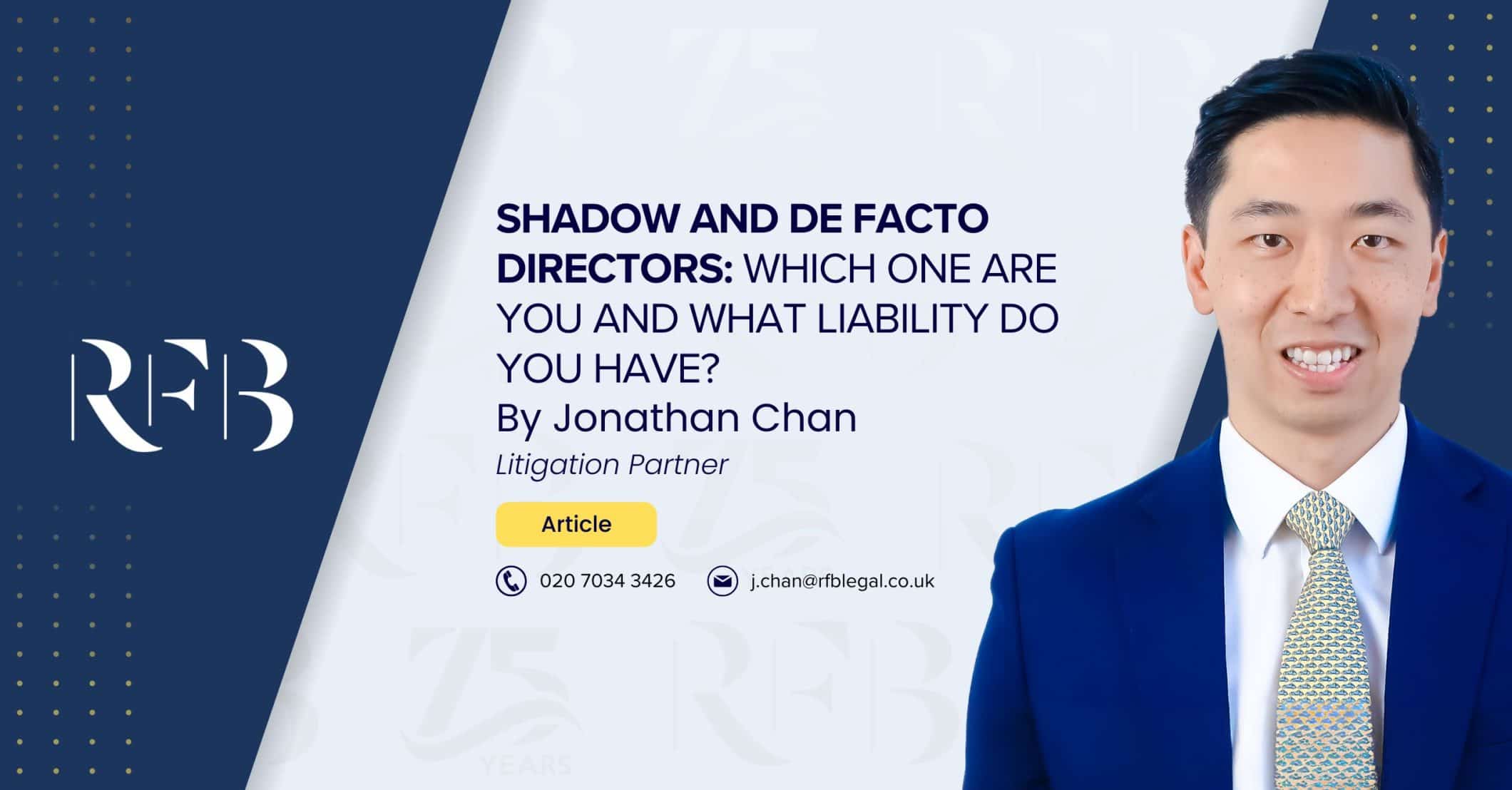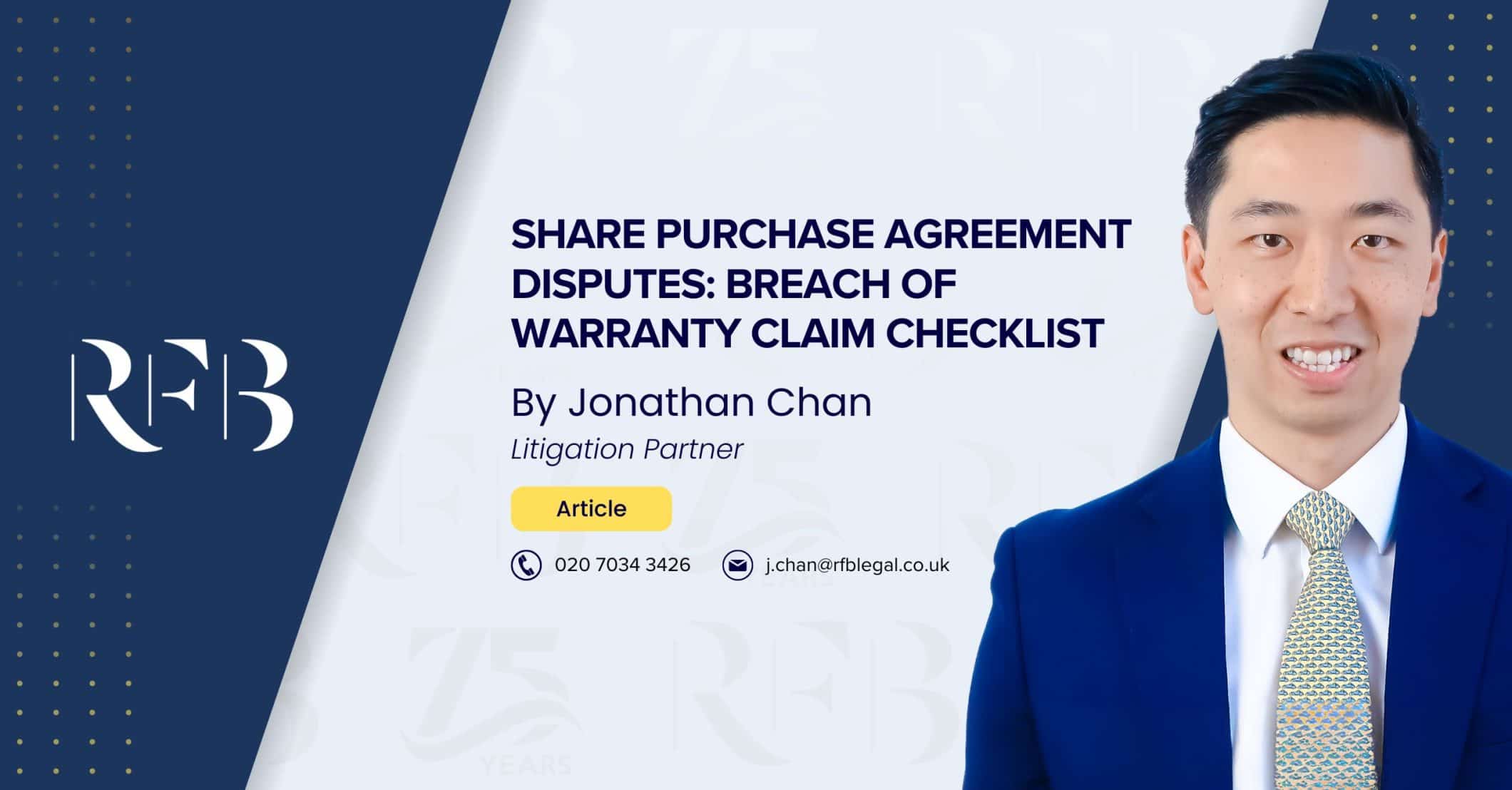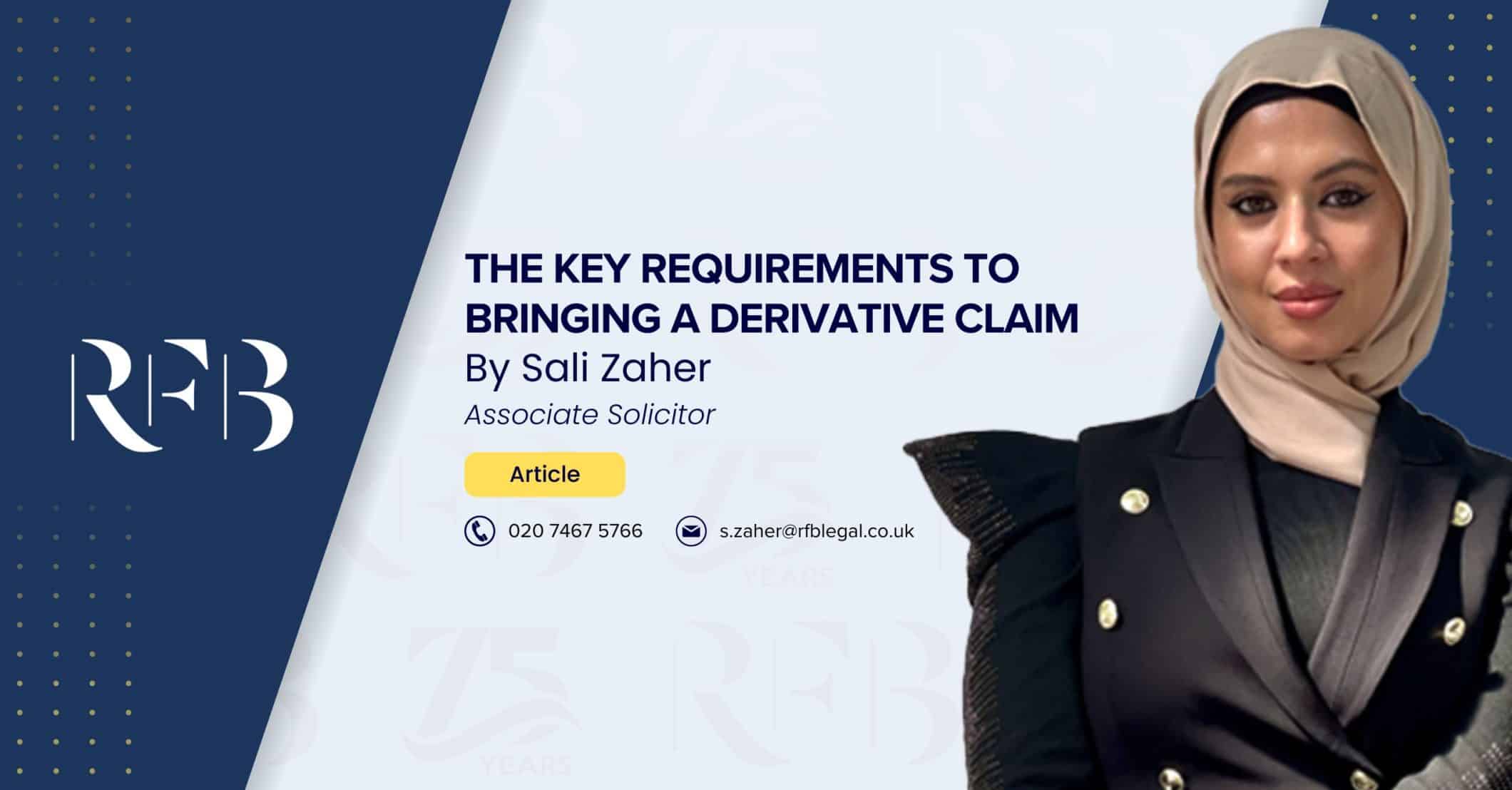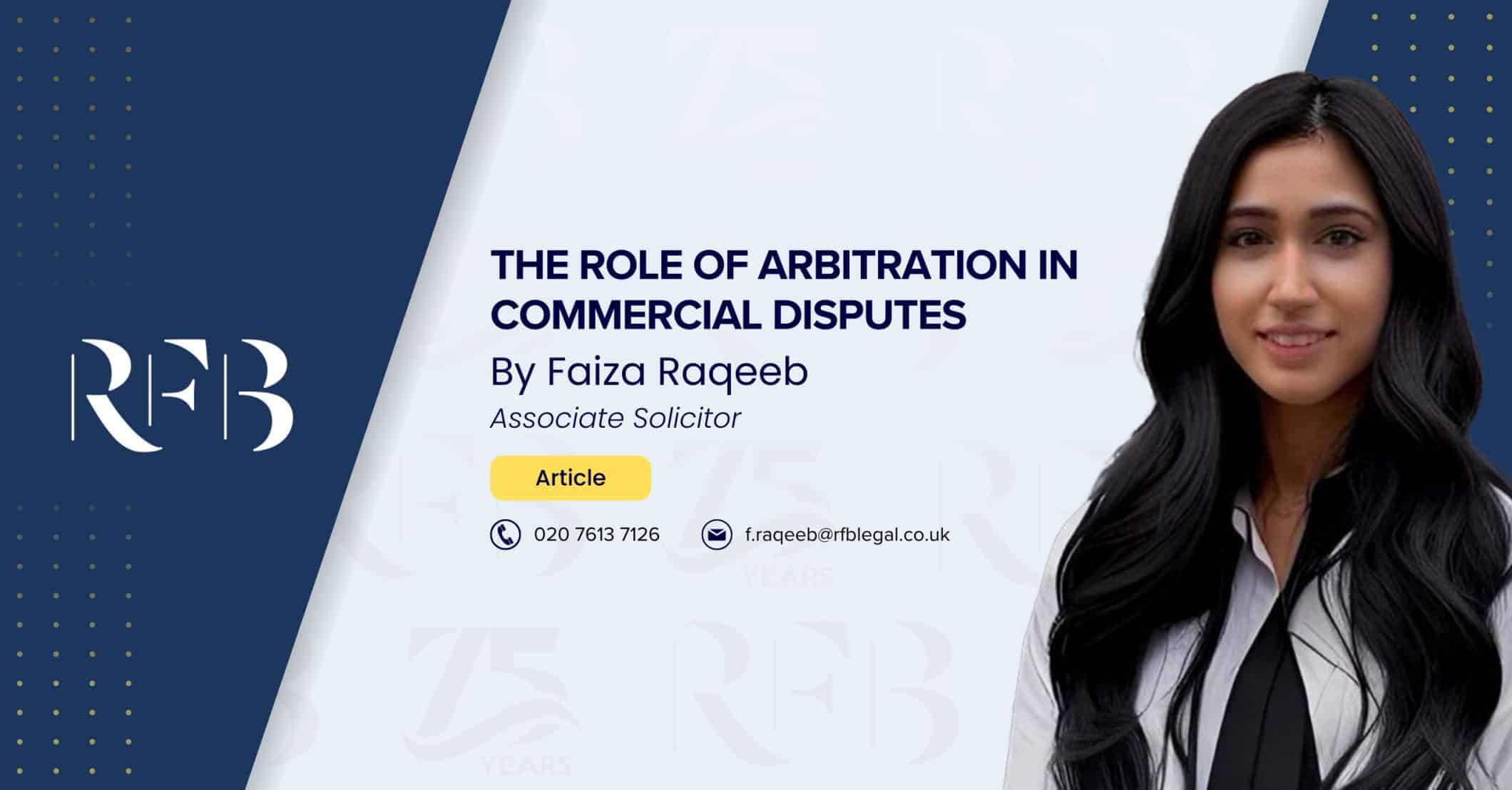Disclosure orders are court mandates that compel parties to provide essential documents or information in legal cases. They are crucial for uncovering liabilities, identifying defendants, and tracing hidden assets. This article will explore their types, uses, and recent developments, helping you understand their importance in litigation.
Key Takeaways
- Disclosure orders are essential legal tools that compel litigants and third parties to provide crucial information and documents, promoting transparency and justice.
- Norwich Pharmacal Orders (NPOs) uniquely enable disclosure of information from innocent third parties involved in wrongdoing, facilitating the identification of wrongdoers and asset tracing.
- Recent developments in disclosure orders highlight their adaptability in the digital realm and cross-border issues, emphasising the need for legal practitioners to navigate evolving legal complexities and balance data protection concerns.
Introduzione
Disclosure orders are foundational tools in legal proceedings, bringing to light pertinent information. They help uncover potential liabilities, identify defendants, and assist in asset tracing. Issued to both litigants and third parties, these orders are versatile and vital.
Grasping the various forms and applications of disclosure orders is vital for those involved in legal disputes. Here, we will discuss the basics of disclosure orders, examine specific types like Norwich Pharmacal Orders, and consider other key orders.
Additionally, practical considerations, strategic applications in commercial disputes, and recent case law developments will be covered, offering a comprehensive guide to disclosure orders.
What Are Disclosure Orders?
Court mandates known as disclosure orders significantly help to identify prospective defendants, and or allow key disclosure to be obtained, often serving as key tools in asset tracing. Compelling disclosure ensures all relevant information is available, promoting transparency and justice.
These orders extend beyond directly involved litigants to include third parties holding relevant information regarding the excluded material subject in relation to the case for each person involved in the public interest to the extent that this broad range of investigations and evidence gathering information supports a more thorough understanding of the case under these circumstances, provided there are reasonable grounds, including the witness statement.
Disclosure orders compel the produce documents of crucial document and information, often determining the outcome of a criminal investigation and criminal proceedings. Such an order is indispensable in identifying hidden assets or uncovering fraudulent activities, making them essential to justice and the duty of the legal system.
Forms of Disclosure Orders – Norwich Pharmacal Orders (NPOs)
One of the most notable forms of disclosure orders is the Norwich Pharmacal Order (NPO). Originating from the case of Norwich Pharmacal Co v Customs and Excise Commissioners in 1974, these orders compel a third party “mixed up” in wrongdoing to disclose information, even if their involvement was innocent. This unique aspect makes NPOs particularly powerful in legal disputes.
Commonly, NPOs help identify anonymous wrongdoers in cases like IP infringement or online fraud. They trace funds or assets in fraud cases and gather key evidence from banks, internet providers, cryptocurrency platforms and intermediaries. The legal test for NPOs requires wrongdoing, respondent involvement, and necessary disclosure for the claimant’s action.
NPOs enable legal action by requiring information disclosure from innocent parties involved in wrongdoing, emphasising transparency and accountability in legal proceedings.
Other Key Disclosure Orders
Besides Norwich Pharmacal Orders, other key disclosure orders are vital in legal disputes. For instance, Bankers Trust Orders require banks to disclose information needed to trace misappropriated funds, particularly useful in financial fraud cases for recovering stolen assets.
Pre-action disclosure orders allow parties to gather crucial information prior to formal proceedings, clarifying issues and streamlining litigation. Similarly, third-party disclosure orders during litigation, under CPR 31.17 applications, ensure the court has access to all relevant evidence.
Other notable forms include search and seizure orders, or Anton Piller orders, which preserve evidence that might otherwise be destroyed, with certain exceptions. Disclosure orders are also crucial in arbitration and cross-border cases, showcasing their versatility in gathering evidence.
Practical Considerations
Speed is often critical with disclosure orders. Applications are usually urgent, requiring swift action to prevent the loss or destruction of crucial information, highlighting the need to seek prompt and decisive action in legal proceedings in this manner on this date to avoid any potential failure, for example, upon request at a specified time.
Another key consideration is balancing confidentiality with the need for disclosure. Courts weigh the respondent’s rights against the necessity to uncover relevant information, ensuring the judicious and fair use of correspondence orders.
Cost implications are significant; typically, the applicant bears these costs, though sometimes they are shared. There’s also a risk of misuse, such as “fishing expeditions” where information is sought without a legitimate purpose or permission. Courts vigilantly guard against such defined abuses by dismissing such applications to maintain the integrity of the legal process.
Strategic Uses in Commercial Disputes
In commercial disputes, disclosure orders provide strategic advantages. They are instrumental in asset recovery in fraud cases, enabling parties to trace and reclaim misappropriated funds through civil recovery. They also protect IP and trade secrets by identifying and addressing infringements.
In complex corporate structures, disclosure orders help identify parties and uncover hidden liabilities, especially where ownership is obscured by corporate layers. In the digital age, they are invaluable for addressing online defamation and cybercrime, identifying anonymous wrongdoers, and gathering evidence to assist parties prior to issuing proceedings.
Strategically, disclosure orders help parties understand issues comprehensively, uncover hidden assets or liabilities, and protect their interests in legal disputes. They are essential tools for navigating modern commercial litigation complexities.
Recent Case Law / Developments
The use of disclosure orders has grown significantly in digital and cross-border contexts, particularly in cryptocurrency disputes, often against exchange platforms such as Binance, directly. With the rise of digital assets, effective legal tools are increasingly needed. Disclosure orders are now adapted to the evolving landscape of digital evidence, ensuring justice in complex cases.
Post-Brexit, enforcing disclosure orders in EU member states presents jurisdictional challenges that must be complied with, creating an obligation for legal practitioners to comply with the latest developments and navigate cross-border legal complexities.
There is also a growing focus on proportionality and data protection, especially with GDPR implications. Legal practitioners must balance the need for disclosure with data protection laws, ensuring individuals’ rights are respected while gathering necessary evidence.
Conclusione
Disclosure orders are powerful litigation tools crucial for uncovering potential liabilities, identifying defendants, and ensuring justice. Norwich Pharmacal Orders, in particular, are central to many disputes but must be used carefully to avoid pitfalls.
Early legal advice maximises the effectiveness of disclosure orders and avoids procedural errors, especially when deciding on the best strategies within the scope of legal Practice. Solicitors play a key role in strategically framing applications to protect business interests and achieve favourable outcomes, establishing their authority in the process. This statement underscores the importance of early legal writing intervention and the provision of timely advice and guidance, allowing clients to decide on the most effective approaches and making informed statements about the rules and their claim.
Staying informed about the latest developments in disclosure orders is crucial for legal professionals to effectively advise clients and navigate modern legal disputes’ complexities. It is important to notice these changes.
Summary
In summary, disclosure orders are indispensable tools in the legal landscape, providing a means to uncover crucial information and ensure justice is served. From Norwich Pharmacal Orders to Bankers Trust Orders, these mandates play a vital role in various legal contexts, from fraud and IP protection to complex commercial disputes.
For legal practitioners and parties involved in legal disputes, understanding the intricacies of disclosure orders is essential. Early legal advice and strategic application of these orders can make a significant difference in the outcome of a case. As the legal landscape continues to evolve, staying informed about the latest developments in disclosure orders is crucial for achieving favourable outcomes and upholding the principles of justice.
Domande frequenti
What is a disclosure order?
A disclosure order is a court mandate that compels parties or third parties to produce specific documents or information crucial to a legal case. They offer an effective and efficient way of obtaining information in legal proceedings.
What is a Norwich Pharmacal Order (NPO)?
A Norwich Pharmacal Order (NPO) compels a third party, who may be innocently involved in wrongdoing, to disclose information essential for legal proceedings. This legal mechanism is crucial for obtaining necessary evidence in cases where direct access to the information is not possible.
What are some other key types of disclosure orders?
Key types of disclosure orders also encompass Bankers Trust Orders, pre-action disclosure, third-party disclosure during litigation, and search and seizure orders. Understanding these orders is essential for navigating legal proceedings effectively.
What practical considerations should be kept in mind when applying for a disclosure order?
When applying for a disclosure order, it is essential to consider the speed of the process, the balance between confidentiality and necessity, cost implications, and the potential risks of misuse. Each of these factors can significantly impact the outcome and appropriateness of the disclosure.
How are disclosure orders used strategically in commercial disputes?
Disclosure orders are strategically utilised in commercial disputes for asset recovery in fraud cases, safeguarding intellectual property, identifying entities in intricate corporate frameworks, and combating online defamation and cybercrime. These orders serve as crucial tools to enhance transparency and protect vital business interests.




